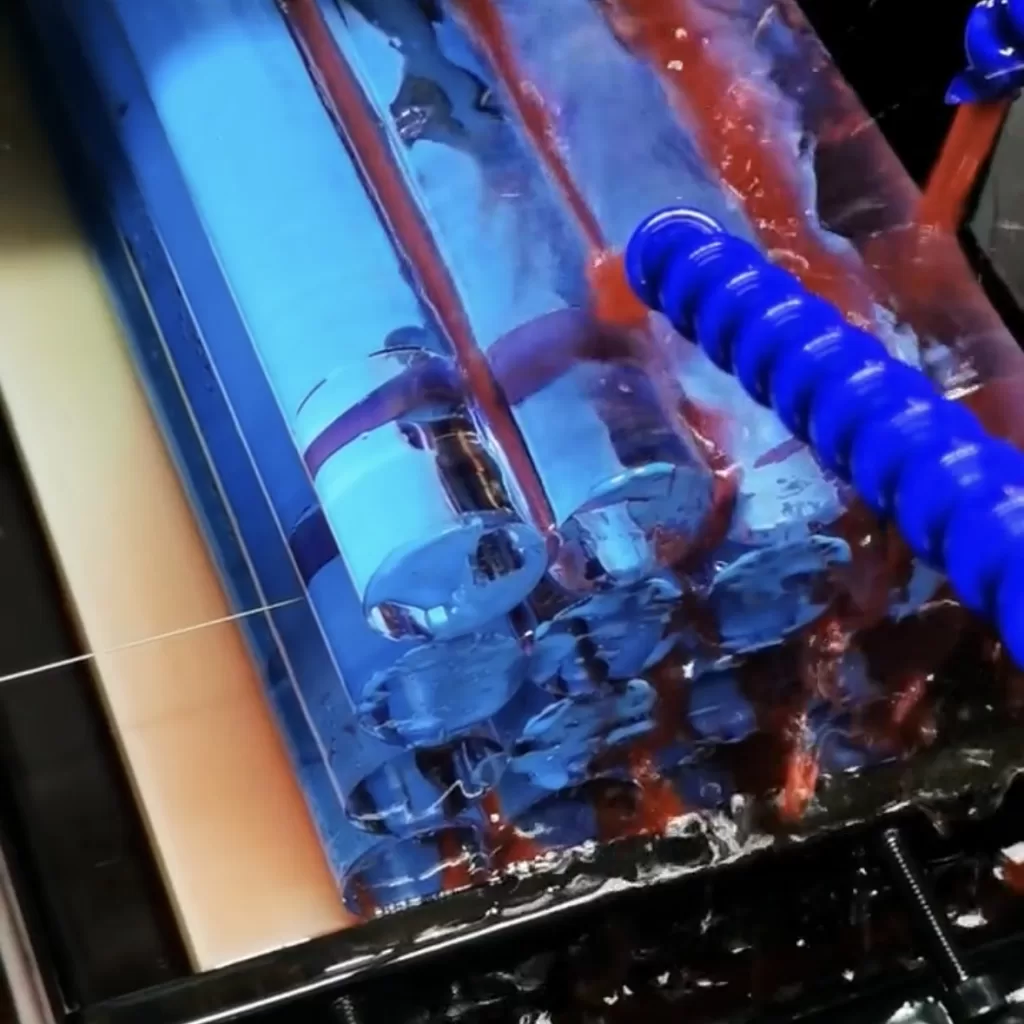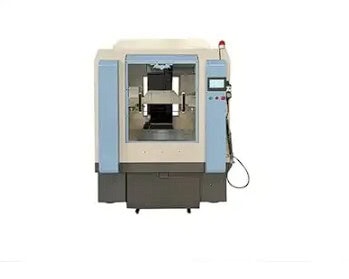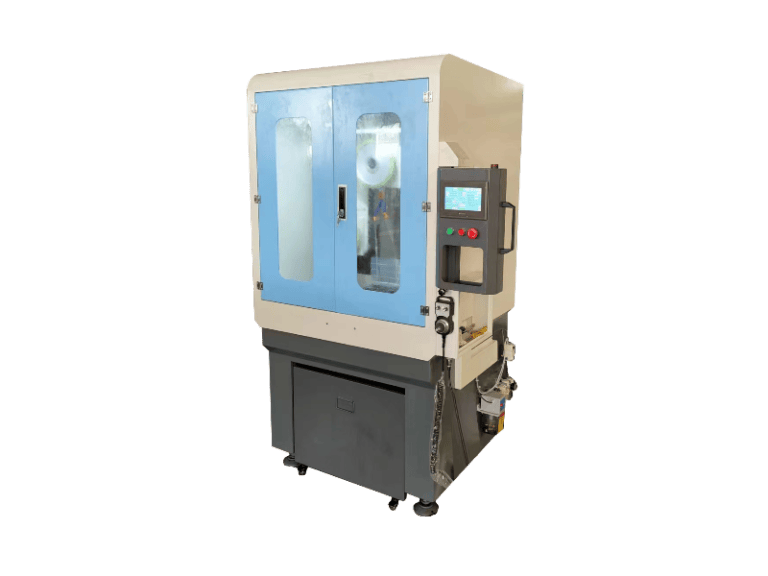Table of Contents
Introduction-Quartz Saw Equipment
Quartz is a versatile and widely used material in various industries, such as electronics, optics, and semiconductor manufacturing. Its unique properties, including high hardness and resistance to heat, make it a popular choice for a range of applications. To harness its potential, efficient quartz saw equipment is essential. This article provides a comparative analysis of different quartz saw equipment options, highlighting their advantages and disadvantages.

1. Diamond Wire Saws
Diamond wire saws are a common choice for cutting quartz due to their precision and versatility. These saws use a continuous loop of diamond-embedded wire to make precise cuts. The key advantages of diamond wire saws include:
- Precision: Diamond wire saws offer exceptional precision, enabling thin cuts and intricate designs.
- Minimal Material Loss: They produce minimal material wastage, making them cost-effective.
- Clean Cuts: The cutting process generates minimal heat, reducing the risk of thermal damage to the quartz.
- Versatility: Diamond wire saws can cut various shapes and sizes, making them suitable for a wide range of applications.
However, there are some drawbacks to using diamond wire saws:
- Initial Cost: Diamond wire saws can be expensive to purchase and maintain.
- Consumable Parts: The diamond wire itself is a consumable part, adding to operational costs.

2. Waterjet Cutting
Waterjet cutting is another popular method for cutting quartz. This technique involves using a high-pressure stream of water mixed with abrasive particles to cut through the material. The advantages of waterjet cutting for quartz include:
- Cold Cutting Process: Waterjet cutting is a cold process, eliminating the risk of thermal damage to the quartz.
- Versatility: It can cut intricate shapes and designs with ease.
- Minimal Material Waste: Waterjet cutting produces minimal material wastage.
- Environmentally Friendly: The process is environmentally friendly, as it doesn’t produce harmful fumes or dust.
However, there are some limitations to waterjet cutting:
- Slower Cutting Speed: Waterjet cutting is generally slower than some other methods.
- Initial Equipment Cost: Setting up a waterjet cutting system can be expensive.
- Maintenance: Regular maintenance is required to keep the equipment functioning correctly.
3. Laser Cutting
Laser cutting technology has gained popularity in recent years for cutting quartz due to its precision and speed. Here are some of the key advantages of laser cutting for quartz:
- High Precision: Laser cutting offers extremely high precision and the ability to create intricate designs.
- Speed: It is one of the fastest cutting methods available.
- Minimal Material Waste: Laser cutting produces minimal material wastage.
- Contactless Cutting: The process is contactless, reducing the risk of contamination.
Despite these advantages, laser cutting also has its limitations:
- Thermal Stress: Laser cutting can generate heat, which may cause thermal stress in the quartz material.
- Initial Cost: The equipment and maintenance costs for laser cutting can be high.
- Limited Thickness: Laser cutting is best suited for thin to moderately thick quartz sheets.
Conclusion
Choosing the right quartz saw equipment depends on specific project requirements and budget constraints. Diamond wire saws offer precision and versatility but come with higher initial costs. Waterjet cutting is environmentally friendly and versatile, but it can be slower. Laser cutting is known for its precision and speed, but it may generate heat.
In summary, each method has its advantages and disadvantages, and the choice should be made based on the unique needs of the application. Ultimately, the goal is to achieve clean and precise cuts in quartz while minimizing material wastage and maintaining cost-effectiveness.
In addition to the aforementioned cutting methods, it’s worth noting that advancements in technology continually improve the performance and efficiency of quartz saw equipment. Manufacturers are constantly innovating to address the limitations of these methods.
For example, in the case of diamond wire saws, ongoing research focuses on enhancing cutting speeds and reducing maintenance costs. Waterjet cutting systems are becoming more energy-efficient and are being designed to handle thicker quartz materials. Laser cutting technology is evolving to minimize the thermal stress on quartz, making it suitable for a broader range of thicknesses.
As technology progresses, it’s essential to stay informed about the latest developments in quartz saw equipment to make informed choices that align with your specific project requirements and objectives.




